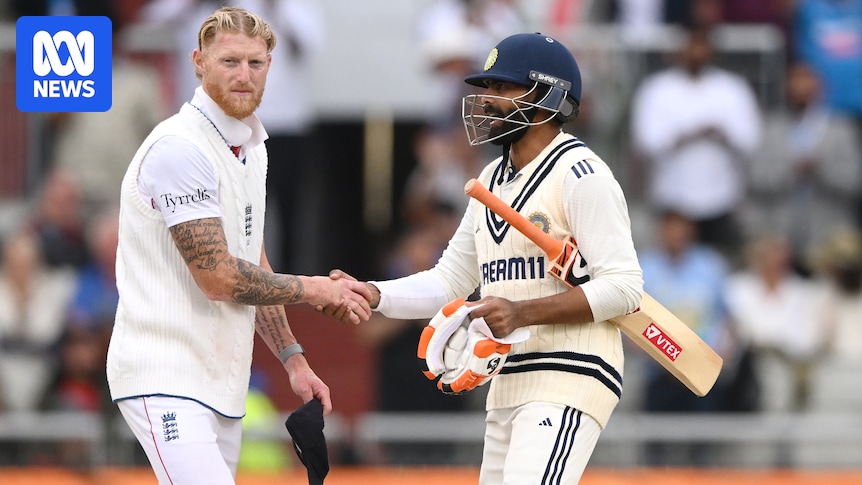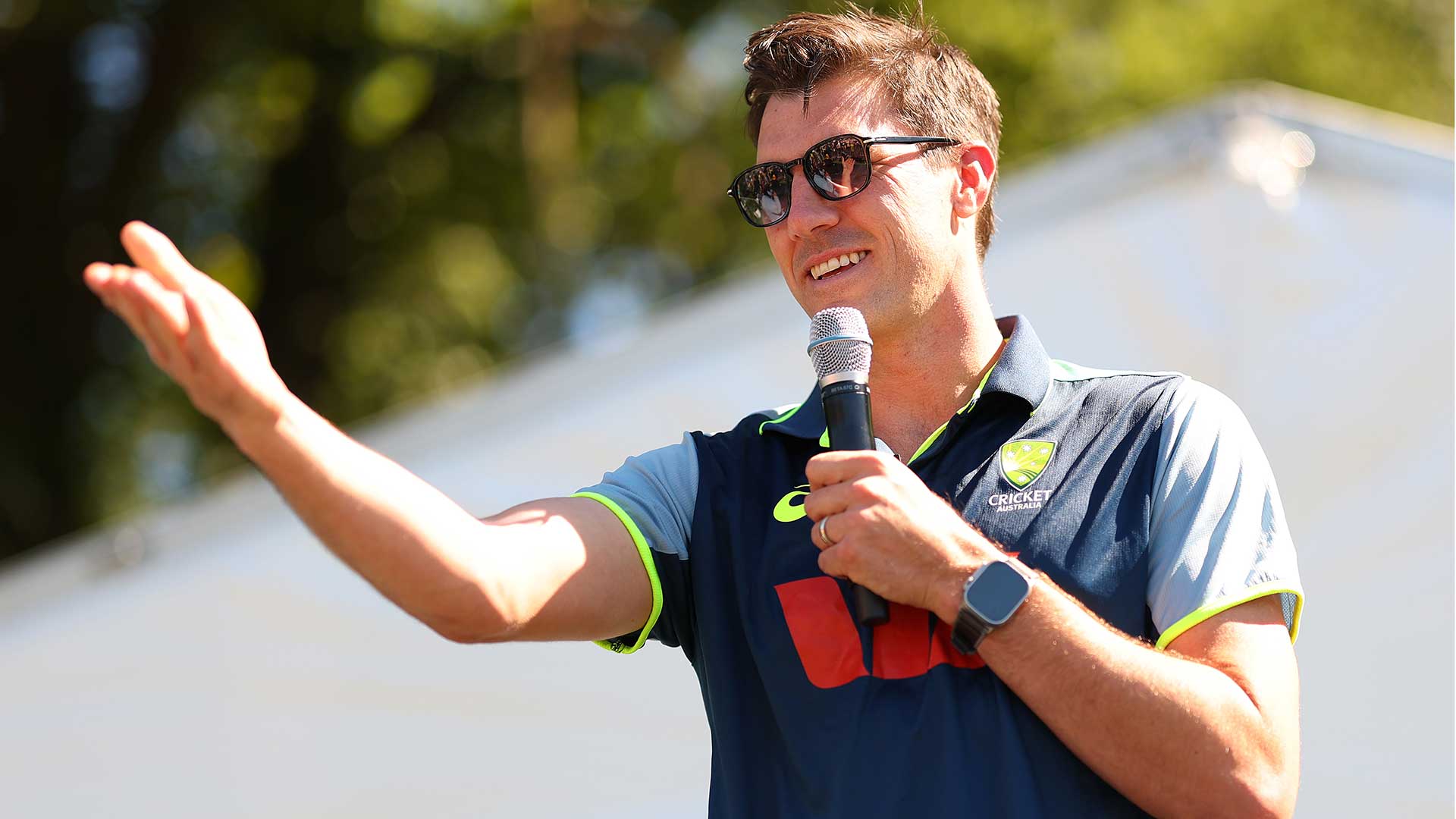
They are the three words that seem to resurface every couple of years like clockwork: spirit of cricket. This age-old debate has been reignited following a tense conclusion to the fourth Test between England and India. The series, which has grown increasingly contentious, saw new drama when England’s captain Ben Stokes expressed frustration over India’s Ravindra Jadeja and Washington Sundar refusing handshakes, opting instead to continue batting towards their centuries.
The incident unfolded during a match that was headed towards an obvious draw with an hour left on the final day. England, hoping to wrap up the game early, was met with resistance as Jadeja and Sundar chose to bat on, ultimately achieving their centuries. This decision, while controversial, was within the rights of the players, given the context of the game and their personal achievements.
The Spirit of Cricket: Myth or Reality?
The phrase “spirit of cricket” often surfaces in debates about sportsmanship and fair play. Cricket, with its extensive set of written and unwritten rules, frequently finds itself at the center of these discussions. The recent England-India Test series has once again brought this topic to the forefront, questioning whether the spirit of cricket is a genuine ethos or merely an idealistic notion.
England’s frustration was palpable, especially after a grueling 143 overs in the field, including 80 on the final day. The English side, having had India on the ropes at 2-0 late on day four, hoped to close out the Test and the series. However, after enduring a long day with minimal success, their irritation was understandable.
Historical Context and Comparisons
This latest incident is reminiscent of past controversies in cricket. The sport is no stranger to debates over the spirit of the game. For instance, during the 2023 Ashes, a similar uproar occurred following Jonny Bairstow’s contentious stumping. Such incidents highlight the ongoing struggle between competitive instincts and sportsmanship.
Historically, cricket has seen numerous instances where the spirit of the game has been called into question. In 2006, New Zealand’s Brendon McCullum ran out Sri Lanka’s Muttiah Muralitharan in a manner that was within the laws but arguably against the spirit. McCullum later apologized, acknowledging the fine line between legality and sportsmanship.
Expert Opinions and Player Perspectives
Experts and former players often weigh in on these debates, offering varied perspectives. Some argue that professional sport, by its very nature, demands a competitive edge that sometimes overshadows sportsmanship. Others maintain that the spirit of cricket is an essential part of the game’s heritage.
“If I could turn back time, I would,” McCullum said about his controversial run-out decision, highlighting the ongoing internal conflict many players face.
Players like Jadeja and Sundar, who have worked tirelessly to achieve personal milestones, emphasize the importance of individual accomplishments. Test centuries are rare and significant, especially for all-rounders like them. Their decision to continue batting was not just about personal glory but also about contributing to their team’s resilience.
The Future of Cricket’s Spirit
As the debate continues, it is crucial to recognize the realities of professional sport. Athletes are trained to be fierce competitors, and moments of contention are inevitable. While sportsmanship remains important, there is also a need for understanding the competitive nature of the game.
Incidents like the one between England and India will likely occur again. They serve as reminders of the complex interplay between competition and camaraderie in sports. Ultimately, the spirit of cricket may be more about navigating these challenges than adhering to a rigid set of ideals.
As the series heads to its finale at The Oval, the narratives and tensions will continue to unfold. Whether the spirit of cricket is a myth or a reality, it remains an integral part of the sport’s ongoing evolution.





